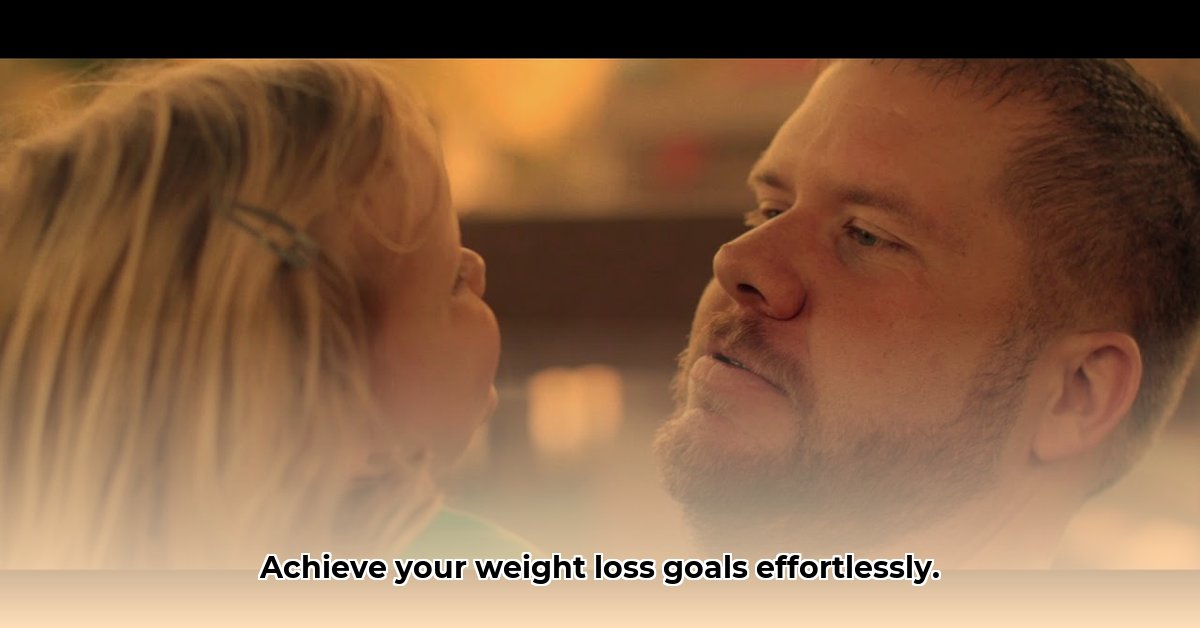
Frazine Medical Weight Loss Program: A Comprehensive Overview
The Frazine Medical Weight Loss program integrates a mobile application with personalized care, aiming to provide a holistic approach to weight management. This article examines the program's strengths and weaknesses, focusing on its technological aspects, clinical efficacy (or lack thereof), and actionable recommendations for patients, the Frazine team, and healthcare stakeholders. The ultimate goal is to provide a data-driven assessment of the program's potential and identify areas for improvement.
Program Components: App, Care Models, and Team Roles
The Frazine program centers around a mobile application designed to track progress, provide support, and facilitate communication with healthcare providers. The app allows users to log food intake, exercise, and other relevant data, offering personalized feedback and insights. The program offers both outpatient and potentially inpatient care models, although further details are needed to fully understand the scope of inpatient services. Dr. Frazine and their team provide direct medical oversight, personalized guidance, and support to patients throughout their weight-loss journey. The involvement of Accountable Care Organizations (ACOs) and payers requires further clarification to understand their role in program delivery and reimbursement. How does the ACO's involvement influence patient access and treatment strategies?
Technology Assessment: App Functionality and Data Security
The success of the Frazine program hinges on the functionality and security of its mobile application. The app's user interface, data tracking capabilities, and integration with other healthcare systems are crucial factors. While the app promises user-friendly features, a detailed usability study would be valuable to assess its effectiveness in engaging patients and facilitating adherence. Does the app offer features to address potential barriers to engagement, such as reminders, gamification, and social support?
Critically, the program must ensure strict adherence to HIPAA regulations (Health Insurance Portability and Accountability Act) to protect patient data privacy. Robust security measures, including encryption, access controls, and regular security audits, are paramount. Any vulnerabilities in data security could pose significant risks and undermine patient trust. What specific data encryption methods are used, and how frequently are security audits conducted?
Risk Assessment Matrix
| Risk Category | Likelihood | Impact | Mitigation Strategy |
|---|---|---|---|
| App malfunction | Moderate | Moderate | Ongoing app development, routine maintenance and updates, robust customer support. |
| Data breach | Moderate | High | Strong security measures including encryption, regular security testing, and data backup. |
| Uncertain effectiveness | High | High | Conducting rigorous, large-scale clinical trials and publishing the results. |
| Patient disengagement | High | Moderate | Engaging app features, community support, and ongoing support from healthcare professionals. |
Clinical Efficacy Analysis: Current Evidence and Research Needs
Currently, robust clinical data demonstrating the program's effectiveness are lacking. While user testimonials might suggest positive outcomes, large-scale, randomized controlled trials are crucial to establish the program's efficacy in reducing weight, improving BMI (Body Mass Index), and positively impacting other health markers. What specific health outcomes (e.g., blood pressure, blood sugar) are being tracked, and what methods are used for data collection and analysis? The absence of rigorous clinical evidence limits the ability to make definitive claims about the program's overall impact. Further research is urgently needed to validate its effectiveness and demonstrate its value compared to other weight-loss interventions.
Actionable Recommendations: A Path Forward
Actionable Intelligence Table:
| Stakeholder | Short-Term Actions (0-1 year) | Long-Term Actions (3-5 years) |
|---|---|---|
| Patients | Actively use the app, provide feedback, fully engage in the program. | Benefit from improved health outcomes; participate in ongoing program support and community building. |
| Dr. Frazine's Team | Monitor app usage, address technical concerns, solicit and analyze patient feedback. | Conduct and publish clinical trials; develop telehealth options; improve technology and support. |
| ACOs/Payers | Assess cost-effectiveness, track program outcomes, explore its role in improving healthcare value. | Refine reimbursement based on proven health improvement; investigate cost savings potential. |
Regulatory Considerations: HIPAA Compliance and Beyond
Maintaining strict HIPAA compliance is paramount. This involves implementing robust security measures, transparent data handling policies, and regular audits. What specific measures are in place to ensure HIPAA compliance, and what processes are used to manage data breaches? The program must also comply with relevant state and federal regulations regarding telehealth, data privacy, and medical practice.
Conclusion: Potential and Future Directions
The Frazine Medical Weight Loss program presents a potentially valuable approach, integrating technology and personalized care. However, its long-term success hinges on rigorous clinical research to demonstrate efficacy, robust data security measures to maintain patient trust, and proactive compliance with all relevant regulations. Further studies are crucial to fully assess its impact and inform future development and implementation.